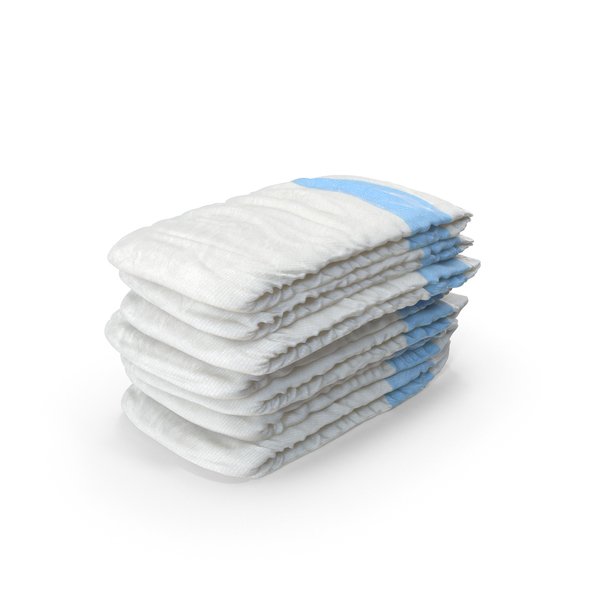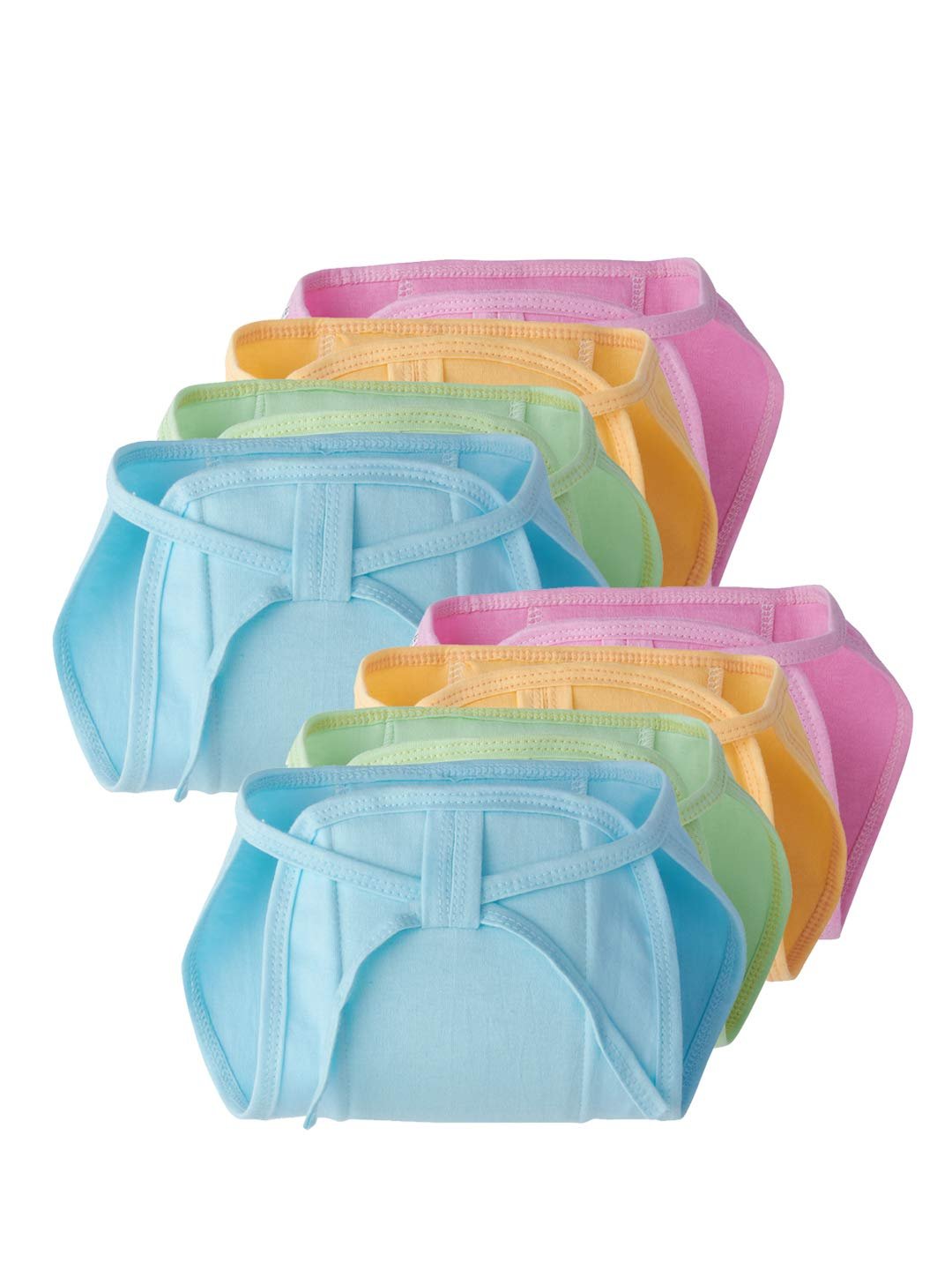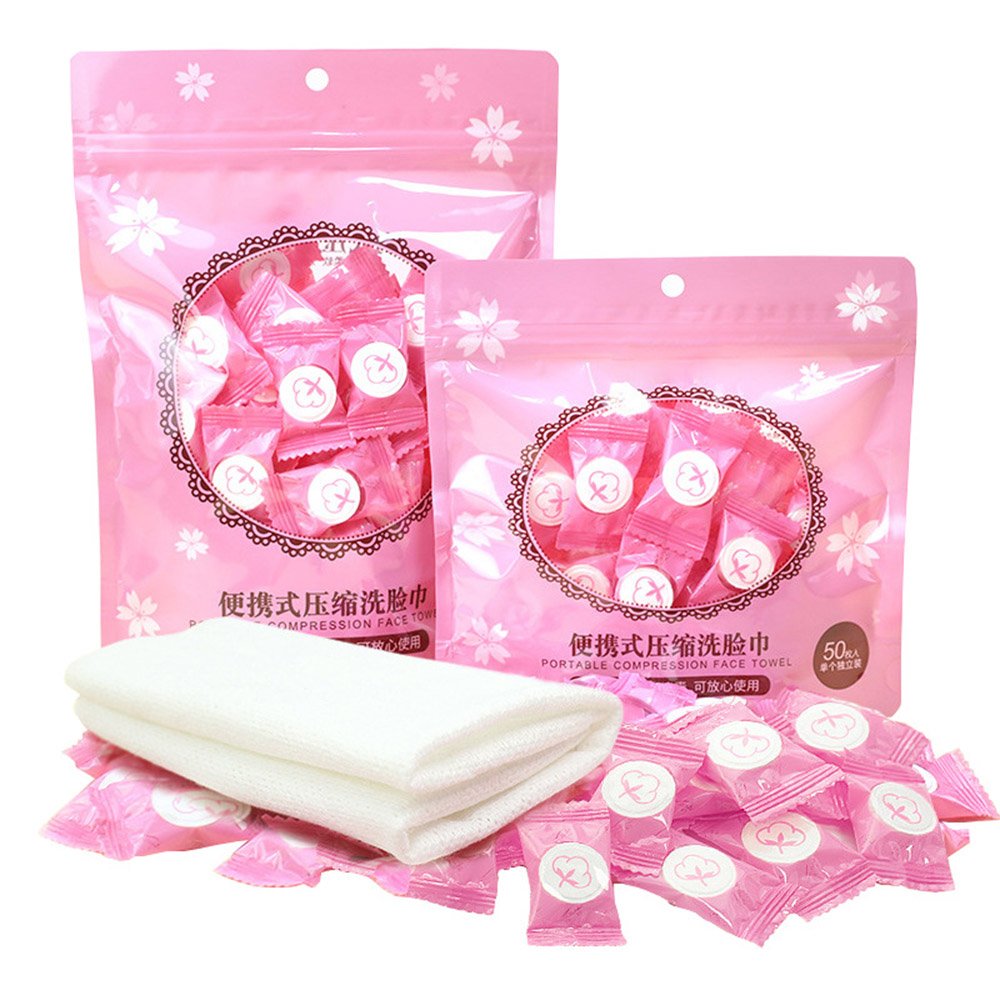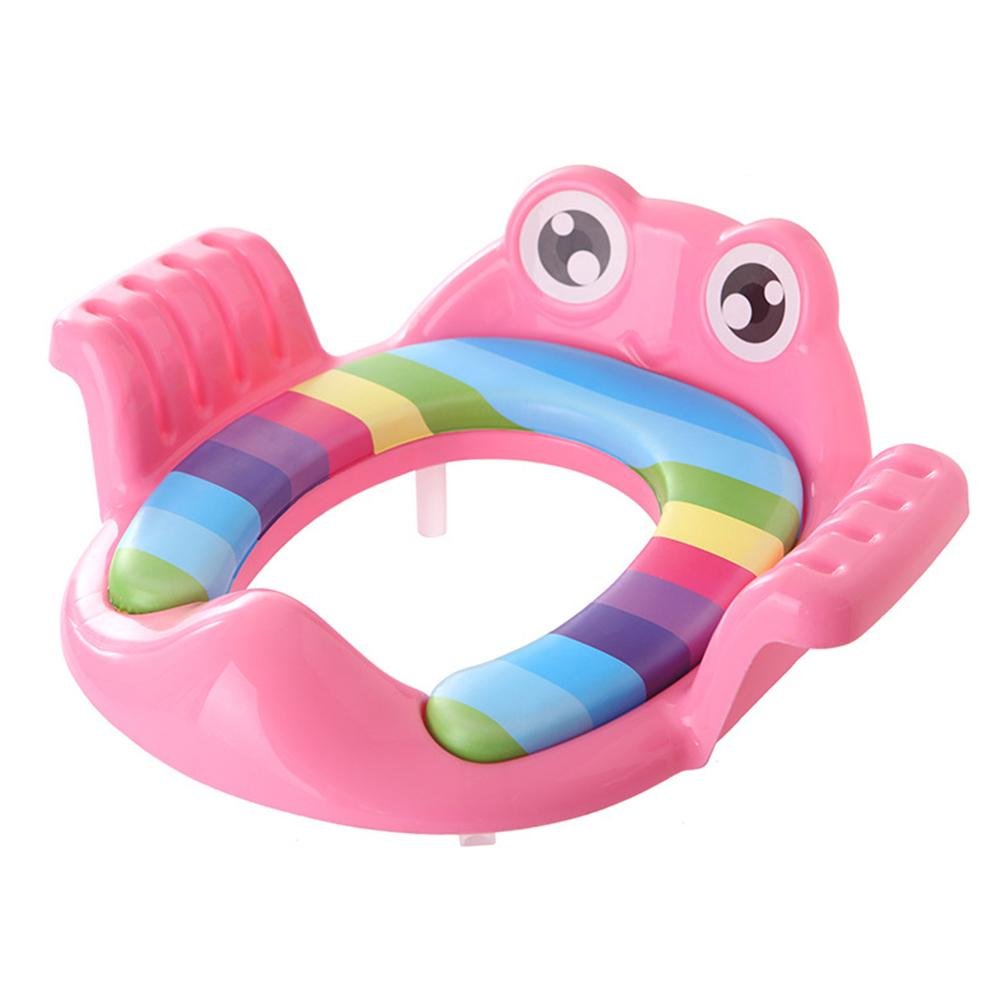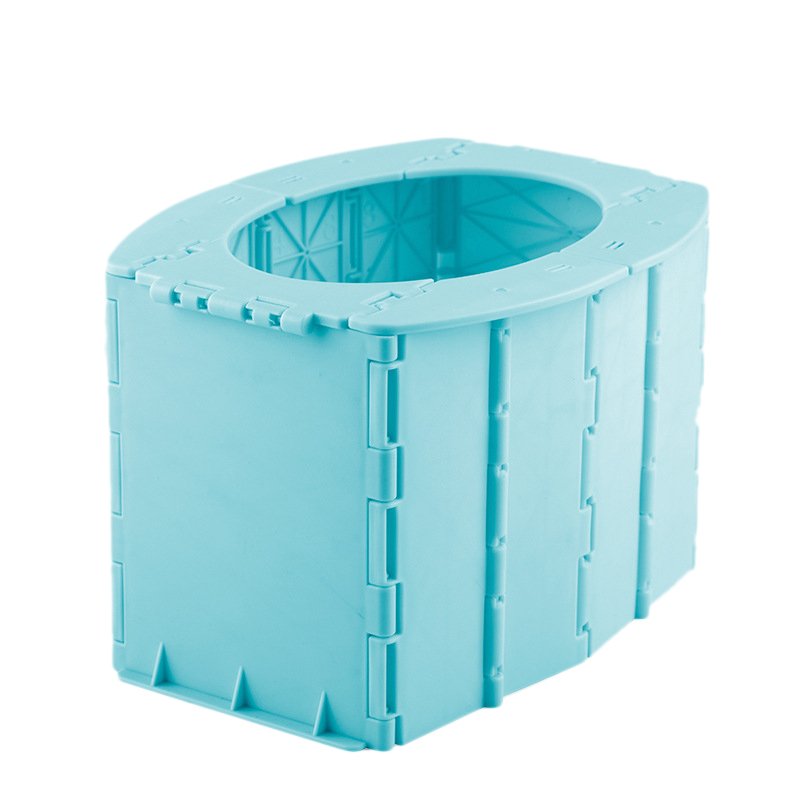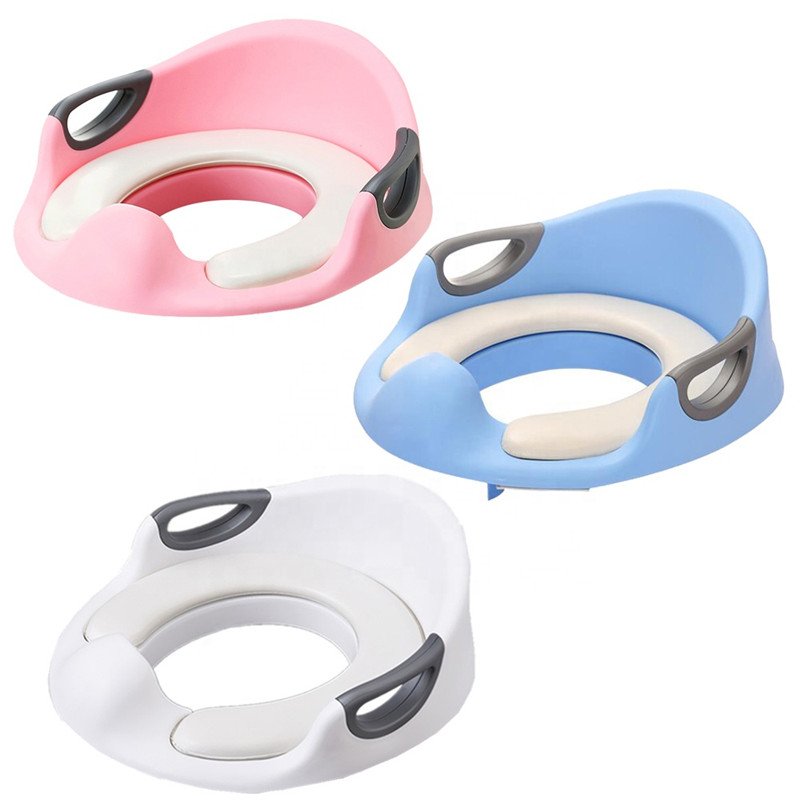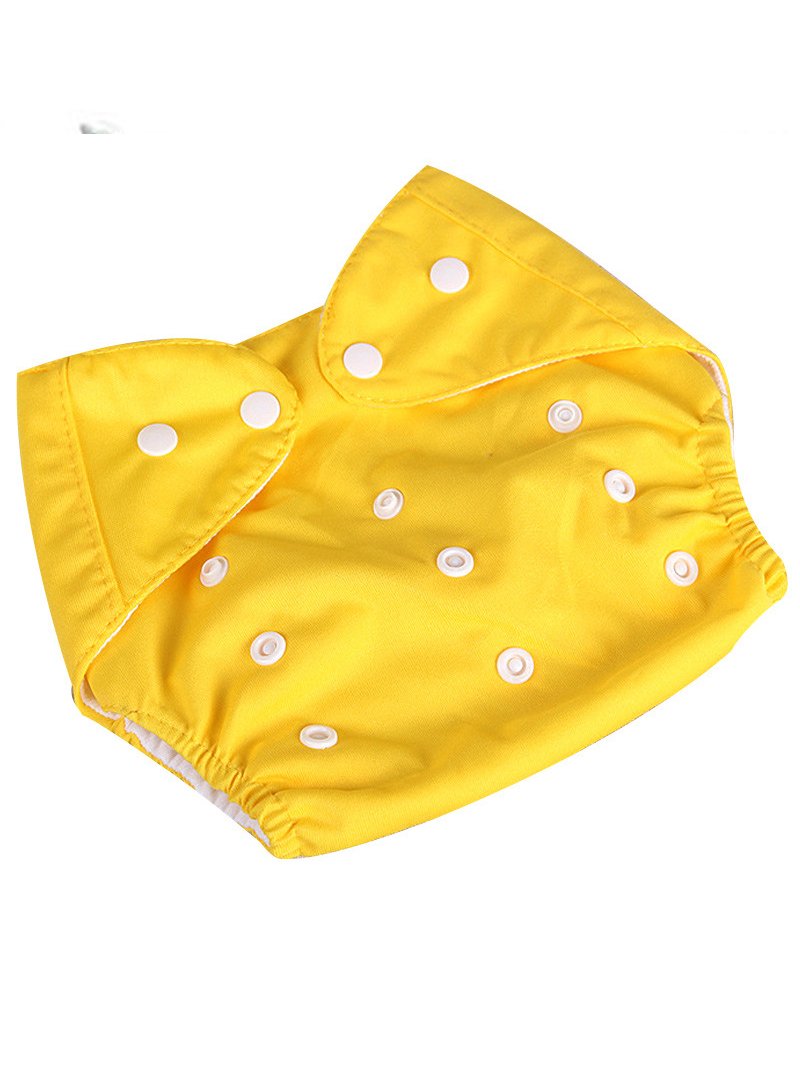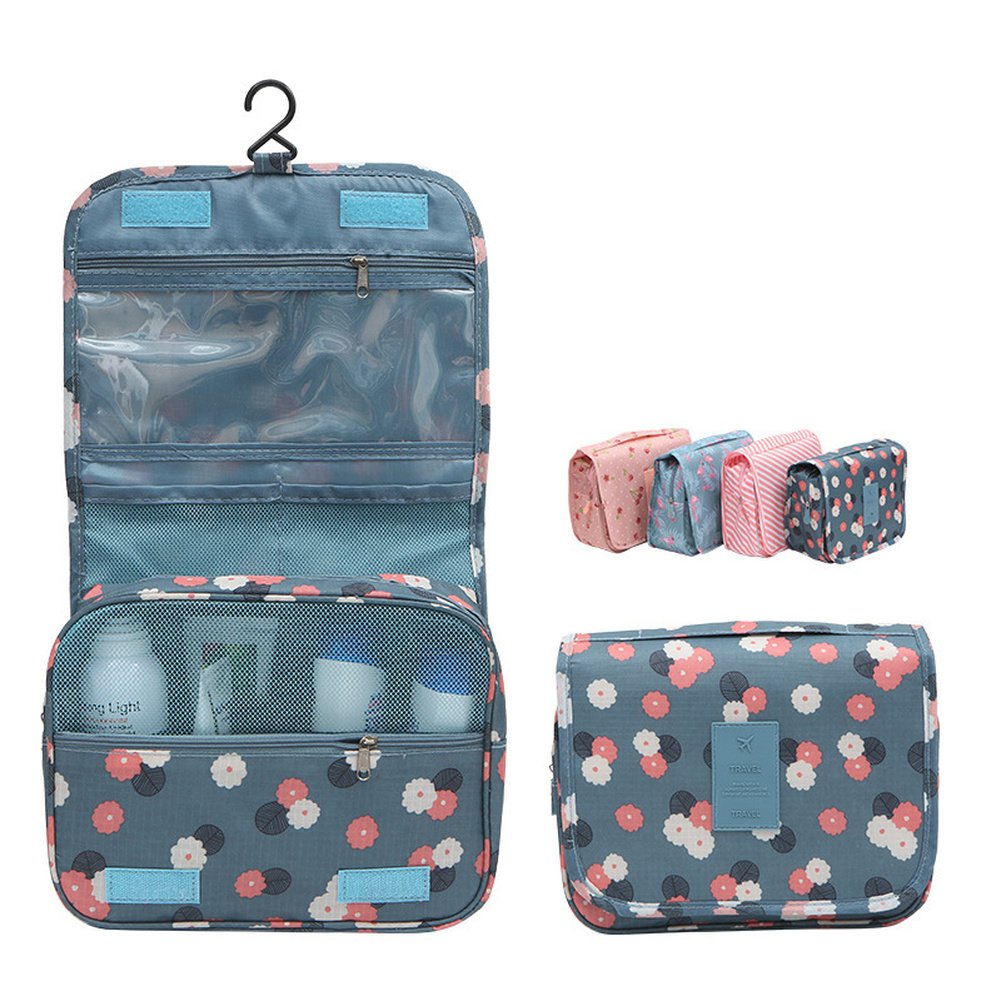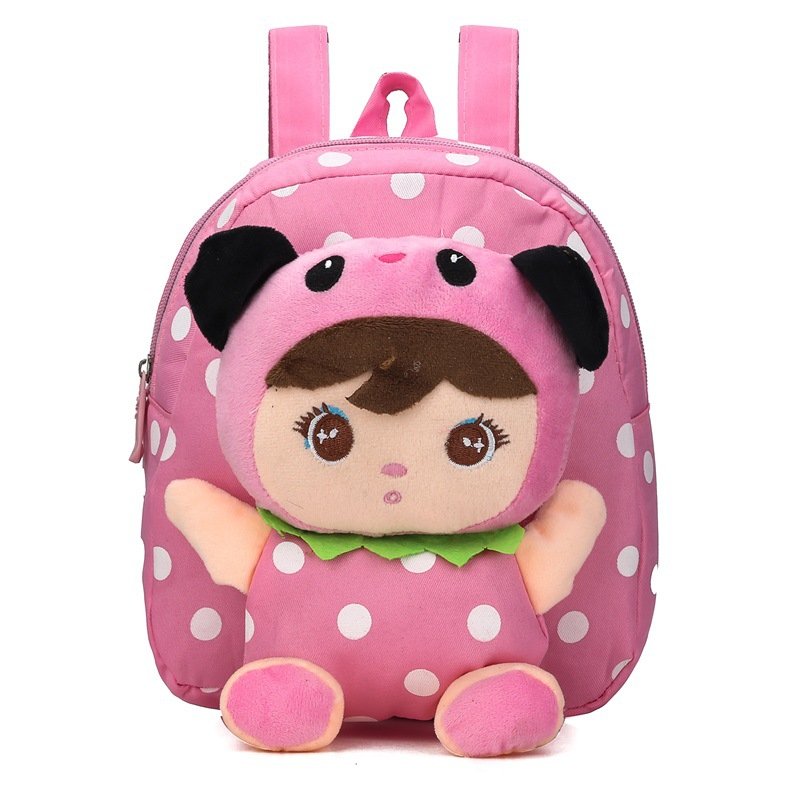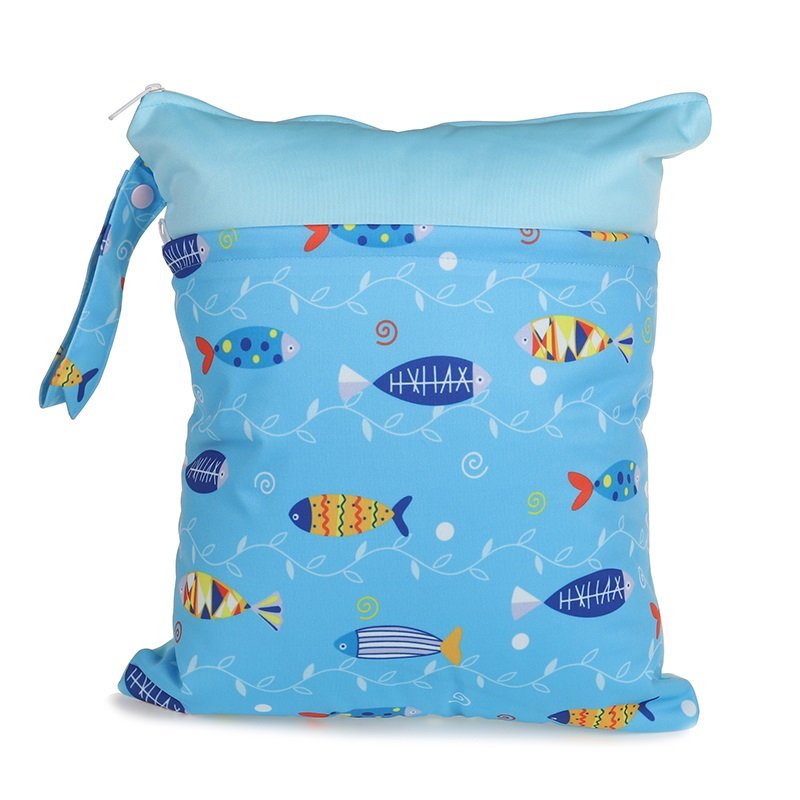25 Tips To Keep Your Baby Cool This Summer

Keeping a baby cool during summer is important to ensure their comfort and safety. Here are some tips to help you keep a baby cool:
Be mindful of signs of overheating: Watch for signs of overheating in your baby, such as flushed skin, excessive sweating, rapid breathing, irritability, or lethargy. If you notice any of these signs, take steps to cool your baby down and consult a healthcare professional if necessary.
1. Dress baby in lightweight, breathable clothing, such as lightweight cotton and natural fibers. Avoid any materials that are too thick or make baby sweat.
2. Keep the temperature of the room at a comfortable level. A room temperature of 70-75° Fahrenheit is ideal for infants and toddlers.
3. Provide shade when outside. Carry a canopy or a sunhat to block out the sun’s rays.
4. Use a fan in the baby’s room or a portable fan can be used when outdoors.
5. Make sure baby’s skin is protected from the sun. Use a light sunscreen when spending time outdoors.
6. Keep baby’s diet cool. Give babies cool liquids such as water or breast milk to help bring their body temperatures down.
7. Avoid overdressing the baby. Babies are not able to regulate their body temperatures as adults do and may become too warm.
8. Let baby take an occasional bath. A cool bath can help lower baby’s body temperature during hot days.
9. Limit baby’s outdoor activity. If outdoors on a warm day, limit the time baby spends outdoors and take frequent breaks in the shade.
10. Place cool washcloths or ice packs on baby’s forehead, neck, wrists, and ankles to help lower body temperature.
11. Consider wiping baby with a cool wet cloth or using a cool compress on particularly hot days.
12. Spend time indoors. When temperatures outside become too hot for baby, spend time inside with the air-conditioning.
13. Turn on the fan. If there is no air-conditioning, use a fan or open windows at night when temperatures are cooler.
14. Choose lighter colored clothing. Darker colors absorb more heat, so opt for lighter colors to keep baby cool.
15. Enjoy swimming. Baby can swim and splash in the pool or take a dip in a baby pool.
16. Create a cool mist. Using a spray bottle with water can help keep baby cool when outdoors.
17. Place Water Pads. Add water-filled pads to baby’s bumper pads and/or mattress for a cooling sensation.
18. If your baby is older and has started solid foods, you can also give them small sips of water between feeds.
19. Stay hydrated. Make sure baby stays hydrated during hot days by offering them plenty of fluids.
20. Keep baby cooler in the car. Place a window shade in the car during hot days to help reflect heat.
21. You could place ice packs in baby’s bed. Use a sealed plastic bag to create ice packs on baby’s bed linens when necessary.
22. Install blackout curtains. Blackout curtains can help keep a room cooler by blocking out the sun’s direct rays.
23. Utilize natural ventilation. Open windows during cooler times of the day to allow fresh air to flow through.
24. Reduce exposure to direct sunlight. Carrying a sunshade or umbrella while outdoors can help reduce the amount of direct sunlight that reaches baby.
25. Use light bedding: Use light, breathable bedding materials like cotton sheets and blankets.
Remember, each baby is unique, so it’s essential to monitor their comfort levels and adjust accordingly. If you have any concerns about your baby’s health or well-being during hot weather, it’s always best to consult with a pediatrician.
Disclaimer: This article is meant to provide helpful information about parenting, but in no way is intended to replace the experience or advice of a medical or child care professional. The information provided in this blog post have not been evaluated by a medical professional and should only be used for educational purposes only. The writer of this blog accepts no responsibility or liability for any losses, damages, or outcomes that may arise from the use of information that is contained in this blog. Always consult with your medical or child care professional before making decisions relating to the well-being of your baby.
